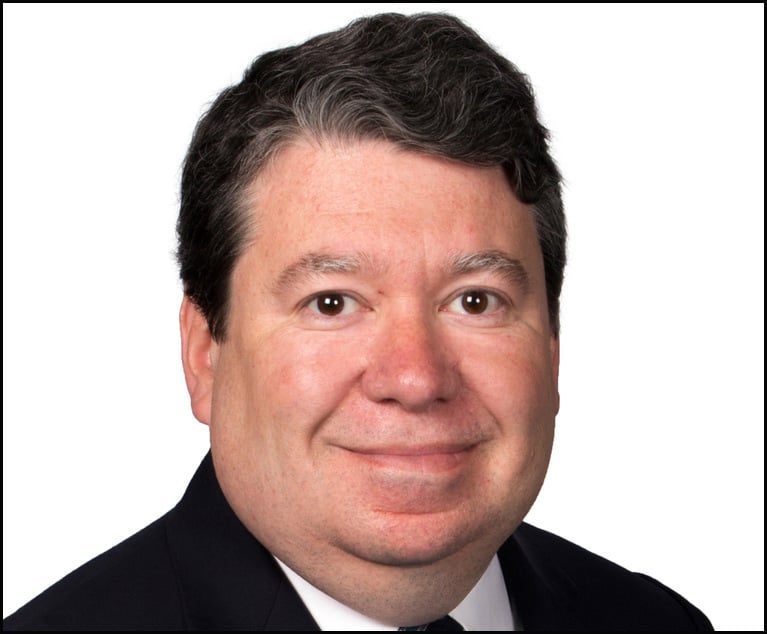The U.S. Justice Department’s internal legal opinions are not final agency action and have no force of law, the government asserted in a new Boston federal appeals case confronting the reach of memos that provide regulatory and enforcement guidance to the executive branch.
Opinions from the Office of Legal Counsel have attracted widespread attention in the Trump administration, as Justice Department officials have issued memos arguing why certain high-level officials cannot speak with House Democrats and also why the president’s tax returns cannot be released to congressional investigators.
This content has been archived. It is available through our partners, LexisNexis® and Bloomberg Law.
To view this content, please continue to their sites.
Not a Lexis Subscriber?
Subscribe Now
Not a Bloomberg Law Subscriber?
Subscribe Now
LexisNexis® and Bloomberg Law are third party online distributors of the broad collection of current and archived versions of ALM's legal news publications. LexisNexis® and Bloomberg Law customers are able to access and use ALM's content, including content from the National Law Journal, The American Lawyer, Legaltech News, The New York Law Journal, and Corporate Counsel, as well as other sources of legal information.
For questions call 1-877-256-2472 or contact us at [email protected]


 U.S. Justice Department Office of Legal Counsel. Photo: Diego M. Radzinschi / ALM
U.S. Justice Department Office of Legal Counsel. Photo: Diego M. Radzinschi / ALM







